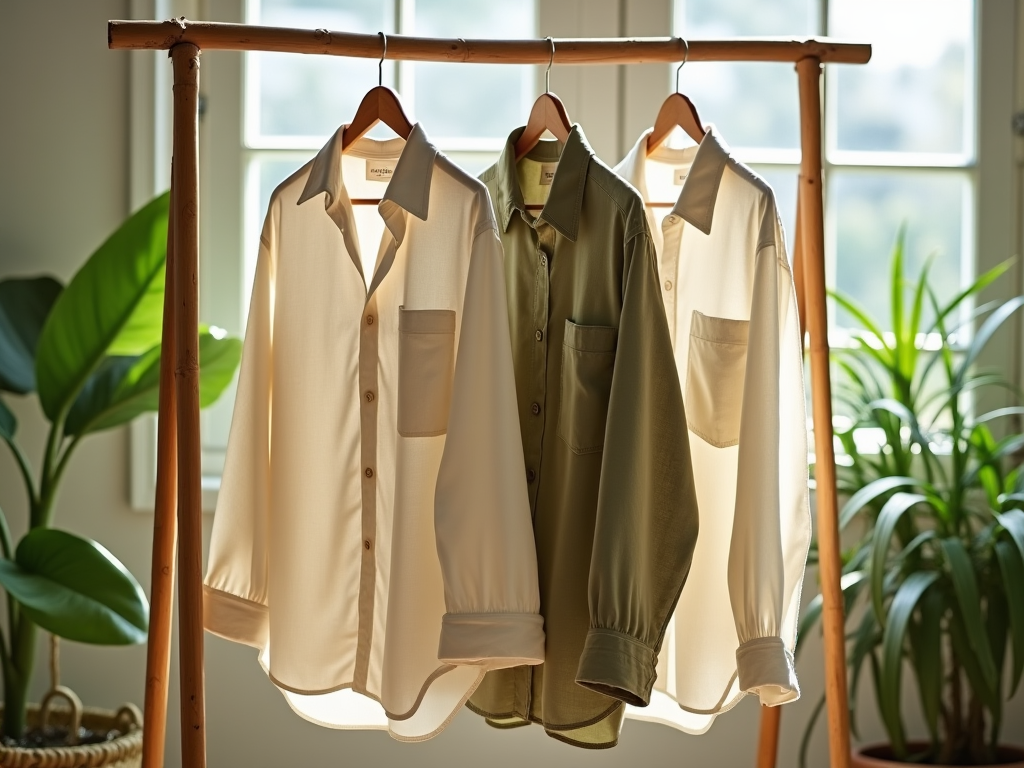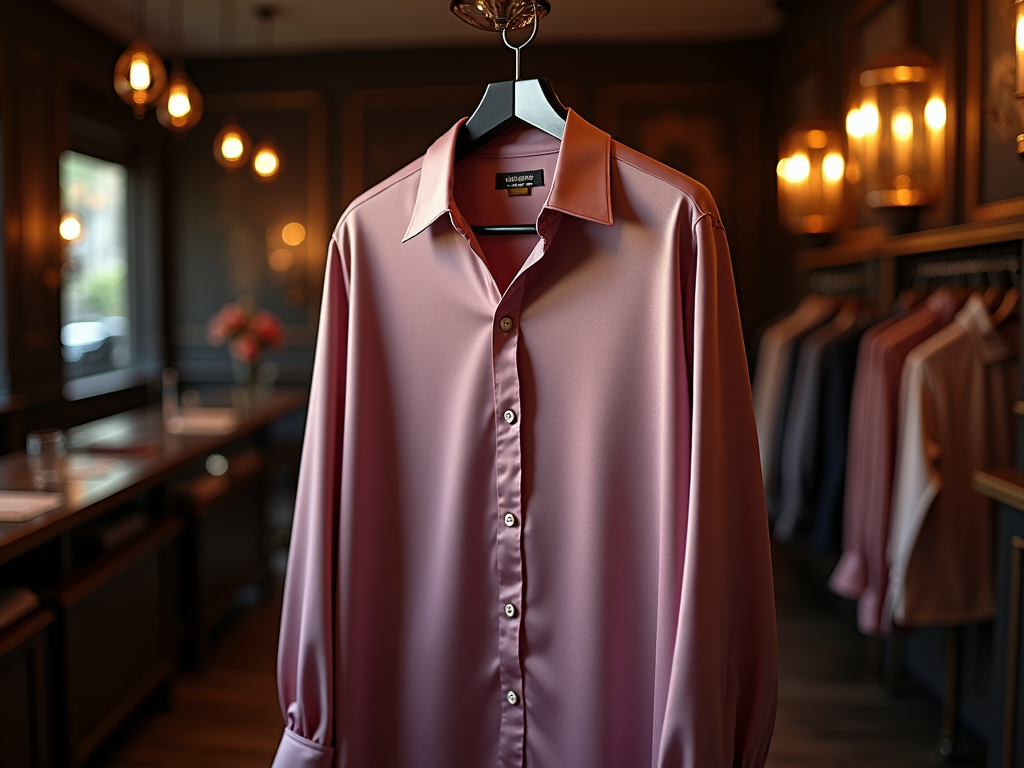Choosing the right shirt material can significantly impact your comfort, style, and even your environmental footprint. With the wide array of fabrics available today, it can be challenging to determine which one suits your needs best. This comprehensive guide will help you understand the most common shirt materials, their unique properties, and how to select the perfect fabric for your lifestyle and preferences. From cotton and linen to polyester and more, each fabric type has its benefits and drawbacks.
Cotton: The Classic Choice

Cotton is arguably the most popular fabric for shirts due to its comfort, breathability, and versatility. Made from natural fibers, cotton shirts are soft against the skin and allow air to pass through, making them ideal for both casual and formal settings. A significant advantage of cotton is its hypoallergenic nature, making it suitable for individuals with sensitive skin. However, cotton can wrinkle easily and may shrink if not cared for properly. When selecting a cotton shirt, consider the type of weave and thread count, as these affect the fabric’s feel and durability.
Different weaves can change the texture and formality of a cotton shirt. Here are some of the common types:
- Oxford: A basket weave known for its thicker and more durable properties.
- Poplin: Lightweight and smooth, excellent for a crisp, formal look.
- Twill: Recognized by its diagonal weave, offering a soft feel and lightly textured appearance.
- Chambray: Similar to denim but lighter, providing a casual and breathable option.
Each type brings its own unique benefits and can cater to different needs depending on preferred comfort and occasion.
Linen: The Summer Essential

Linen is the quintessential summer fabric due to its exceptional breathability and lightweight nature. Derived from the flax plant, linen shirts are perfect for warm weather as they wick away moisture and keep you cool. Despite its superior cooling abilities, linen does have a tendency to wrinkle more than other fabrics, which can lend a casual and relaxed look. For those who prefer a more polished appearance, regular pressing or opting for a linen blend can help maintain linen’s fresh look. Consider linen if comfort in hot climates is your top priority.
Polyester: The Durable and Affordable Option
Polyester is a synthetic fabric known for its durability, wrinkle resistance, and affordability. It is often used in blends with other fabrics to enhance their resilience and color retention. Polyester shirts are ideal for long days when you need your attire to withstand various physical demands without sacrificing appearance. However, while polyester is hard-wearing, it doesn’t breathe as well as natural fibers, which can make it less comfortable in hotter weather. For budget-conscious buyers and those seeking maintenance-free attire, polyester can be a practical option.
Silk: The Luxurious Choice
Silk shirts epitomize luxury and sophistication, offering a soft drape and rich luster that set them apart. Made from the fibers produced by silkworms, silk is naturally hypoallergenic and has a smooth texture that feels sublime against the skin. Despite its luxurious appeal, silk is delicate and requires careful handling during washing and wearing to prevent damage. It also offers moderate thermal properties, making it comfortable across seasons. Ideal for formal occasions, silk shirts ensure you stand out with subtle elegance and comfort.
Conclusion
Selecting the right shirt material involves considering your lifestyle, the climate, and your personal preferences for comfort and style. Whether you prefer the timeless versatility of cotton, the breezy comfort of linen, the resilience of polyester, or the opulence of silk, each fabric offers its unique advantages. By understanding these properties, you can confidently choose the material that fits your needs best, ensuring every shirt in your wardrobe aligns with your expectations.
Frequently Asked Questions
1. What is the most breathable fabric for shirts?
Linen is typically the most breathable fabric, making it an excellent choice for hot and humid conditions.
2. How do I prevent cotton shirts from shrinking?
To prevent cotton shirts from shrinking, wash them in cold water and air dry or use a low heat setting on the dryer.
3. Are polyester shirts comfortable for summer wear?
Polyester is not as breathable as natural fibers, so it may not be as comfortable in hot weather. Look for polyester blends that incorporate more breathable materials for better comfort.
4. How do you care for silk shirts?
Silk requires gentle care; it’s best to hand wash in cold water or use a delicate cycle and avoid harsh detergents. Always air dry silk away from direct sunlight.
5. Can I find wrinkle-resistant cotton shirts?
Yes, some cotton shirts are treated to be wrinkle-resistant. These are perfect for those who prefer the comfort of cotton with less maintenance.